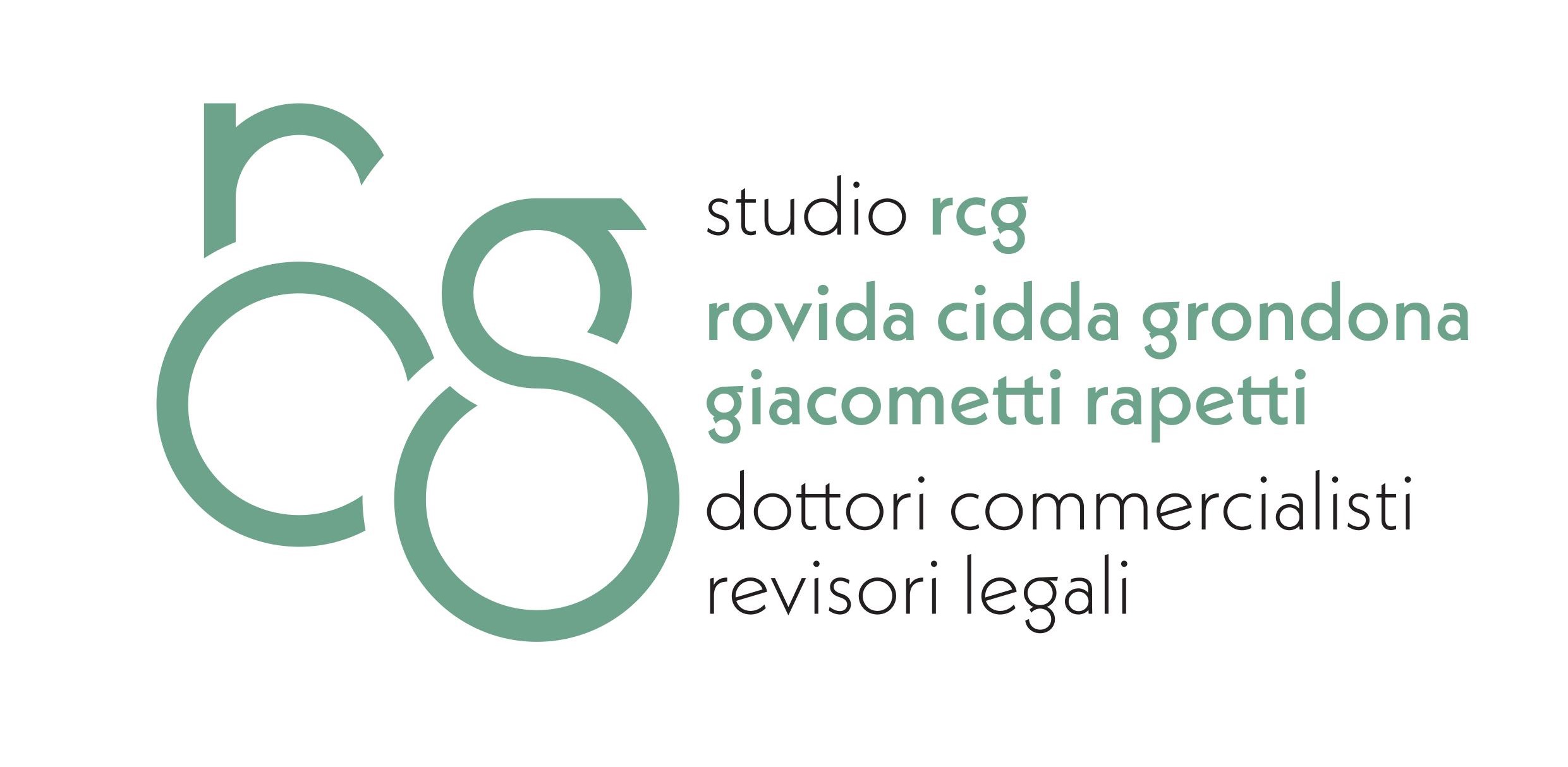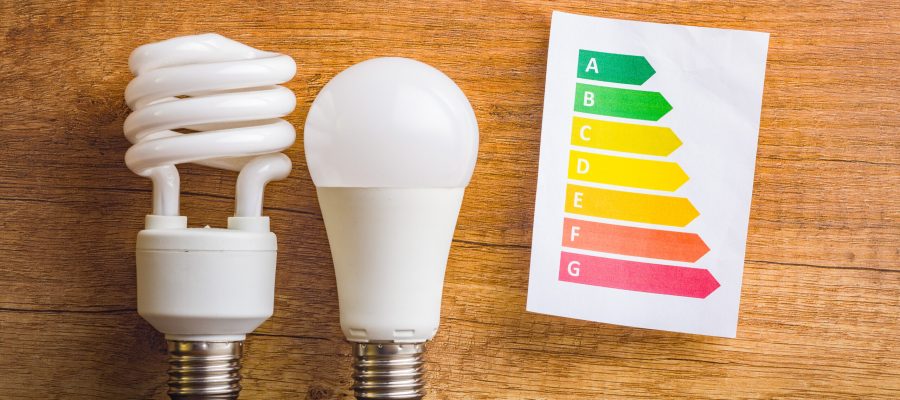Decree-Law no. 19 of February 28, 2025 (effective from March 1, 2025) introduces urgent measures for families and businesses regarding the supply of electricity and natural gas. Converted into Law no. 60 of April 24, 2025, it entered into force on April 30, 2025, with significant new provisions. Here are the main changes.
Fringe benefit for company cars used for mixed purposes
The new calculation method for fringe benefits on vehicles granted to employees applies only to vehicles ordered from January 1, 2025. For those granted before this date (from July 1, 2020 to December 31, 2024) or ordered by December 31, 2024 and granted between January 1 and June 30, 2025, the calculation remains based on CO₂ emissions, without considering the vehicle’s fuel type.
Non-repayable contribution for swimming pools
The fund to promote sports activities has been increased by 10 million euros for 2025, aimed at reducing energy costs for swimming facilities and energy-intensive pools managed by associations and sports clubs registered in the National Register of Amateur Sports Activities (Legislative Decree 39/2021).
A Prime Ministerial Decree (DPCM) will define the criteria, procedures, and deadlines for accessing these contributions.
Appliance bonus
The 2025 appliance bonus requires that purchased appliances be:
- Highly energy-efficient;
- Manufactured within the European Union;
- Identified through a specific Ministerial Decree.
In addition, the replaced appliance must have a lower energy class than the new one. The bonus, granted for the purchase of only one appliance, equals 30% of the purchase cost, capped at 100 euros (increased to 200 euros for households with an ISEE below 25,000 euros per year). Disposal of the replaced appliance is also required to access the bonus.
A Ministerial Decree will establish the criteria, procedures, and deadlines for disbursing this contribution.
Protection from seizure of properties for energy bill debts
The prohibition of property seizure due to unpaid condominium energy bills applies only to vulnerable individuals (e.g., the sick, elderly, disabled persons, residents of non-interconnected minor islands, or emergency housing residents) and to primary residences. Furthermore, the energy debt must not exceed 5,000 euros. However, even with this prohibition in place, the condominium may register a judicial mortgage on the debtor’s property as security for the outstanding credit.
Consultant for utility management
Decree-Law 19/2025 recognizes the role of the utility management consultant (for energy and telecommunications), who assists users in monitoring and managing their utility services. The consultant must possess adequate training and knowledge of contracts, tariffs, prices, and transparency regulations. Their professional qualification may be certified by a recognized professional association, and their competencies can be certified by an entity accredited by Accredia. The consultant is also required to continually update their training.
For further details and assistance, please contact our office.

